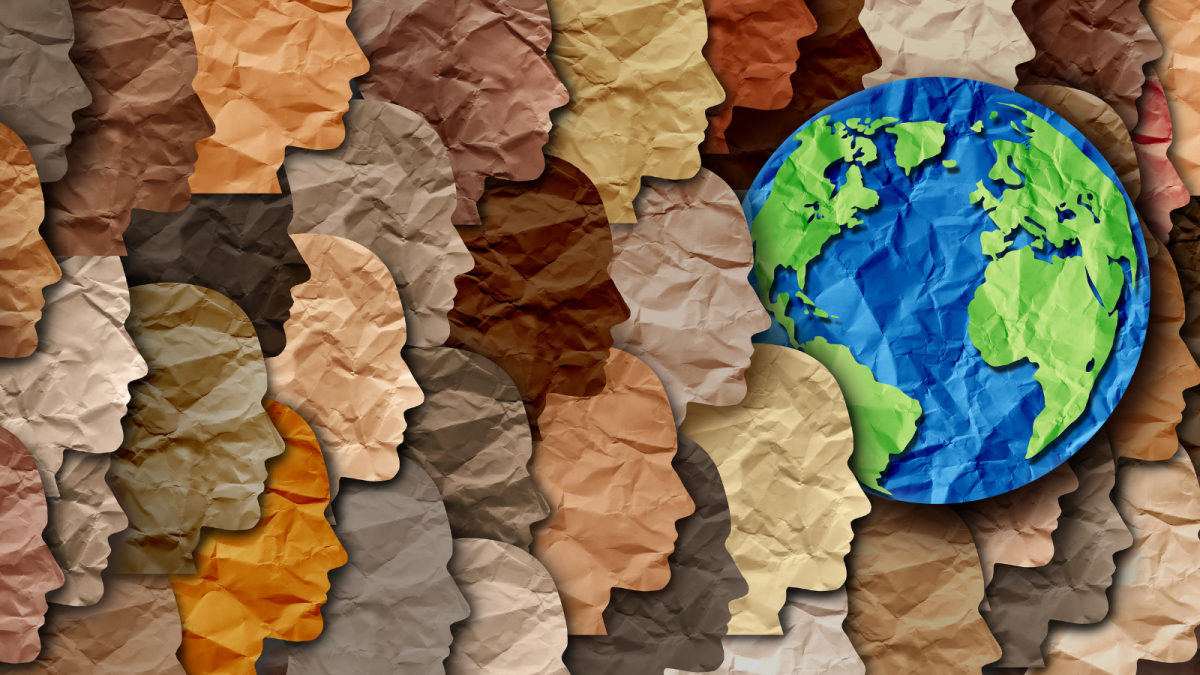The importance of Cultural Diversity in a Globalized World.
Introduction
In an era of rapid globalization, cultural diversity has emerged as a critical asset and a source of strength for societies around the world. Cultural diversity envisaged the range of differences in ethnicity, language, traditions, and values that exist among human groups. This explores how cultural diversity enriches societies, fosters innovation, and enhances social cohesion, while also examining the challenges it presents. By analyzing the benefits and complexities of cultural pluralism, it becomes evident that embracing diversity is essential for sustainable development and harmonious coexistence in a global community.
A.Enrichment of Social and Cultural Life.
Cultural diversity contributes significantly to the enrichment of social life. A multifaceted cultural landscape allows individuals to experience various art forms, culinary traditions, music, and literature. This exposure not only broadens perspectives but also encourages mutual respect and empathy among different communities. For example, multicultural festivals and community events provide platforms for sharing traditions and celebrating differences, which in turn promote cross-cultural dialogue and understanding. Moreover, diverse cultural expressions can challenge stereotypes and break down prejudices by highlighting common human experiences.
B.Economic and Creative Innovation
The economic and creative sectors also benefit from cultural diversity. In business and technology, diversity of thought leads to innovation by combining unique perspectives to solve complex problems. Research has shown that teams composed of individuals from varied cultural backgrounds are more likely to generate creative solutions, as different viewpoints can foster critical thinking and the exchange of ideas. Companies that embrace cultural diversity often experience enhanced competitiveness, as they are better equipped to understand and cater to global markets. Thus, cultural diversity is not only a moral imperative but also a strategic economic advantage.
C.Social Cohesion and Conflict Resolution
While cultural diversity can present challenges, such as potential conflicts or misunderstandings, it also offers opportunities for developing effective mechanisms for conflict resolution and social cohesion. Inclusive policies and intercultural education can help bridge gaps between diverse groups, reducing tensions and fostering unity. For instance, government initiatives that promote multiculturalism and protect minority rights contribute to building trust among communities. In addition, intercultural communication and dialogue can address the root causes of conflicts, enabling societies to work collaboratively toward common goals. The ongoing global emphasis on human rights and social justice further underscores the importance of acknowledging and embracing cultural diversity.
D.Challenges and the Need for Inclusive Policies
Despite its numerous benefits, cultural diversity also poses challenges that require thoughtful management. Integration and assimilation pressures can sometimes lead to social fragmentation or the marginalization of minority groups. Miscommunication and cultural clashes can result in xenophobia and discrimination if not addressed through effective public policy. To mitigate these issues, it is essential that societies implement inclusive policies that respect and promote diversity while fostering social integration. Educational programs, legal protections, and community outreach are critical in creating an environment where all cultural groups can thrive without compromising their unique identities.
Conclusion
Cultural diversity is a dynamic and multifaceted phenomenon that plays an indispensable role in shaping modern societies. It enriches social life, drives economic innovation, and fosters social cohesion through increased understanding and mutual respect. However, realizing the full potential of cultural diversity requires proactive policies and open dialogue to address the challenges that accompany it. Ultimately, embracing cultural diversity is not only a reflection of modern values but also a pathway toward building a more inclusive, innovative, and harmonious global community.








